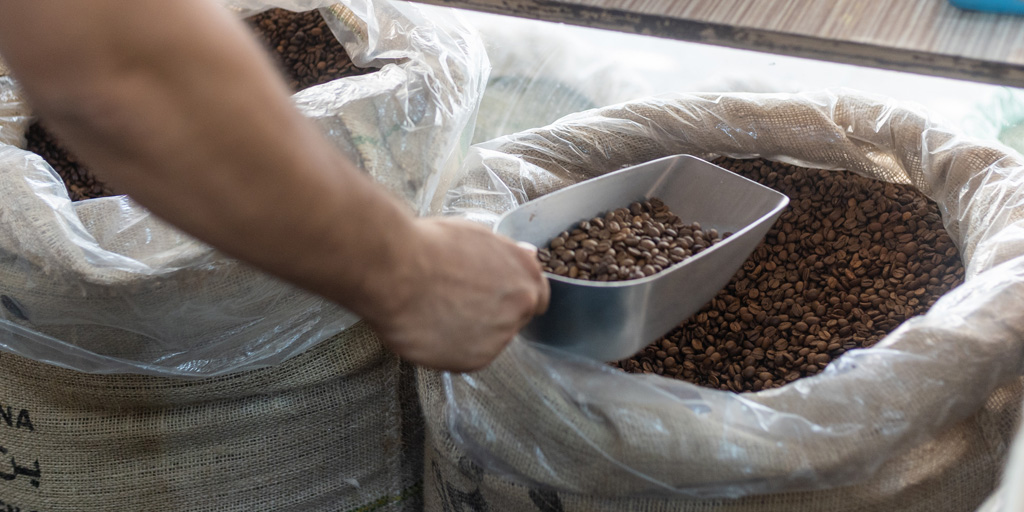Well what can I say? “Imitation is the highest form of flattery.” Some years ago we painted the Tiga Rodas of Dili with this below logo.

You can see all the pics of the tiga rodas here: http://www.facebook.com/media/set/?set=a.10150249358936334.320763.283327151333

Then just a few days ago someone emailed us a picture of a young man who has “jury rigged” his Tiga Road near the Hotel Timor to join the crowd. Imitation = flattery. We extend our thanks.

And the close up is here:
And for those of you who want to know where the expression “imitation is the highest form of flattery” comes from, here is one theory, according to Blurtit.com
A man by the name of Charles Caleb Colton is attributed with the phrase ‘Imitation is the best form of flattery’. An Eton educated graduate, he was selected by the Vicarage of Kew to begin his career as a Reverend – alas he had a very turbulent appointment with the Church and after only sixteen years’ service he left and travelled to the USA. It was rumoured that he had to give up his career as he had become burdened with debt and his creditors took out a lawsuit on him. During his life, he produced a substantial body of poetry and prose covering revered subjects such as Napoleon, Nero, Oliver Cromwell Samuel Johnson and Caligula.
He moved to Paris, France, where he indulged in a gambling habit that brought him success and then in turn much poverty. He resided in France until his death. He died from a recurring illness of which he was too fearful to take any surgery for and therefore took his own life quite violently at fifty-two – it is thought that the fear of the procedure drove him to insanity. His most famous works are to be found in a book entitled Lacon or Many Things in Few Words; this was published in London 1826 and is appreciated widely in many literary circles
Tags : Tiga Roda
More from this author -
Latest News -

PDT – First Annual Plan of Action
Uncategorized

New assistance for local businesses available from Peace Dividend Trust
Uncategorized




